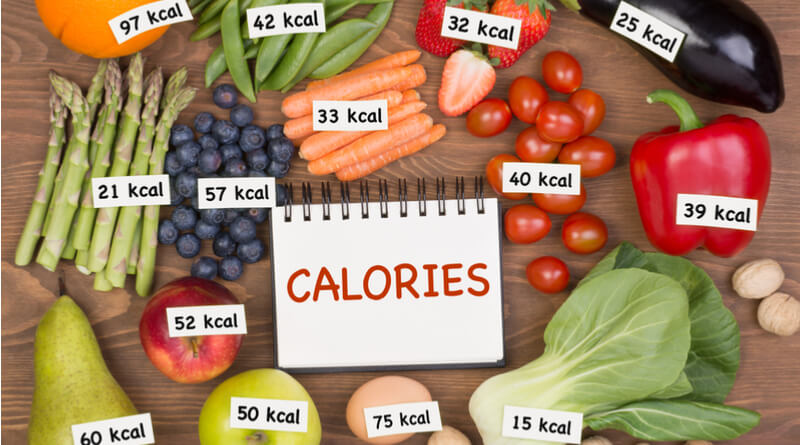A lot of diets and exercise plans call for counting calories. When you eat food, it is digested and metabolized and used as energy. Certain elements of the food, like protein and dietary fiber are passed through the digestive system and eventually expelled from the body. Most of everything else is either burned as energy or stored for later use in the form of fat. Calorie counting diets maintain the simple principle that you can initiate weight loss by simply consuming less calories than you burn on a daily basis. For example, if you normally consume 2,000 calories on a daily basis, then you should restrict yourself to consuming 1,800 on a daily basis instead. That being said, counting calories can be difficult at times for a variety of reasons. Below are some great tips to help you count calories effectively:
Don’t focus on calories too much
Most people put way too much weight on the exact number of calories they’re consuming when they first begin tracking calories. This is generally a mistake, because not all calories are made equally. You want to make sure you’re eating good quality food and not consuming empty calories.
Discount dietary fiber
A lot of nutritional information include the dietary fiber when they list their calories. This is a bit misleading, because dietary fiber isn’t metabolized by the body. It actually passes right through. You should subtract the dietary fiber amount from the total calories to get the true calorie count.
Start out small
The hardest part of counting calories is getting started. You shouldn’t overwhelm yourself by trying to count everything you eat right away. It is important to acclimate yourself to the calorie counting process. Start out learning to count a particular meal and slowly begin to include all of your meals.
These are just a few tips, but they are definitely guaranteed to help your calorie counting journey be smoother.








